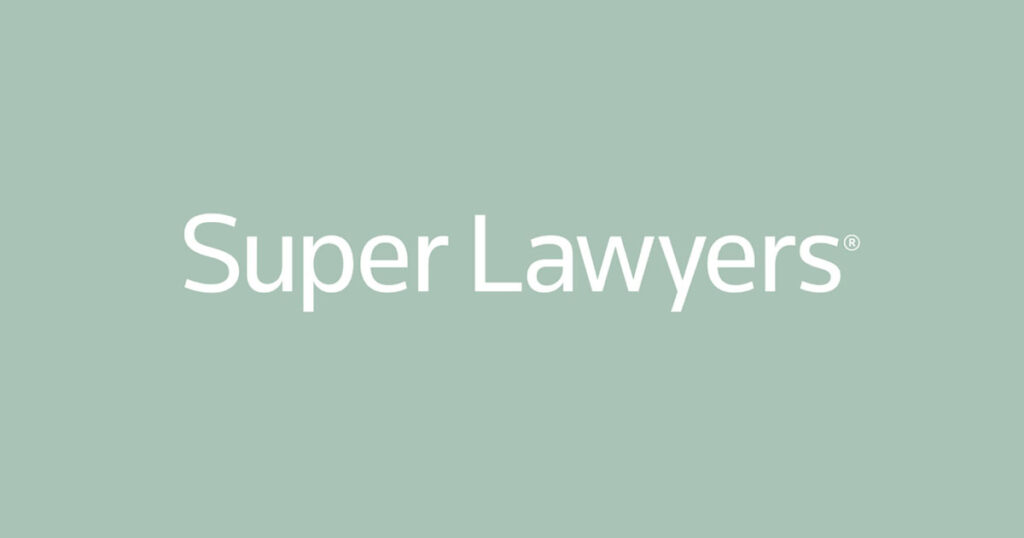By Phillip Bantz
South Carolina Lawyers Weekly
Back in the 1990s a group of bar leaders in Greenville County started talking about a place where low-income litigants could mediate their disputes without having to pay high-priced private mediators.
The group’s discussions resulted in the Upstate Mediation Center, a not-for-profit organization that over the last 15 years has altered the legal landscape in Greenville and beyond by encouraging the creation of similar centers in Charleston and Columbia.
On any given day, volunteer mediators and licensed therapists and counselors at the center are serving as referees in virtually every imaginable type of small-dollar civil and family case, from divorces and squabbles over barking dogs to rifts between church members.
Last year, the center mediated 400 family disputes. This year it has handled more than 250, putting it on course to break its record of 500, said Richard Kahn, who went from volunteering as a mediator at the center to being its part-time executive director.
The center was founded in response to a state Supreme Court administrative order requiring litigants in Greenville and a handful of other pilot counties to mediate disputes on the Family Court and Common Plea’s docket before going to trial.
The founders had worried that mandatory mediation would price lower-income residents out of the courts. Private mediators in the Greenville area typically charge about $200 an hour.
“A lot of us realized that these poor people needed to go somewhere,” said Kirby Mitchell, senior litigation attorney at South Carolina Legal Services in Greenville, where the center was housed during its infancy. It now operates out of an office building a few minutes outside downtown Greenville.
Three-hour family law mediation sessions at the center cost $150 per party. A non-family civil session runs $250. The center takes $50 off the fee for people who make less than $12,000 a year, but its services are available to anyone — even the well-to-do.
“We do get a percentage of people who have significant assets: homes, IRAs, 401Ks, boats,” said Mitchell. “They’re paying to try it out and they often come back several times. That’s not what we do, but that’s what helps pay the bills.”
Some local lawyers weren’t thrilled about having a new, budget-friendly competitor in town when the center first opened, according to Mitchell and Kahn. “While most of the opponents have come around, a few still aren’t big fans of the place,” said Amos Workman, one of the center’s founders. He is a mediator and family law attorney at the Wyche law firm in Greenville.
“There has always been some sense of competition among some of the lawyers,” he said, adding that “lawyers were a little bit skeptical about using it at first but now it’s kind of the default place to have mediation. I think it has become more accepted.”
Kimberly Dunham, a family law attorney in Greenville, said she and the majority of her colleagues often take clients to the center for affordable, effective mediation with experienced mediators, many of whom are retired judges or private trial lawyers.
“Generally,” Dunham sais, “these clients are going to be folks with not a lot of money to go around. For them to put out $400 to $500 each for mediation, they’re just not going to do it. So we use Upstate Mediation.”
The center, combined with court-ordered mediation, has “completely decimated the civil jury trial docket,” according to Mitchell.
“Last year we had something like 30 trials. Before mediation was mandatory it was easily four, five or six times that,” he added. “It’s been a radical change that kind of quietly happened. It’s really a quiet success story.”
Exceeding expectations
Thirty of the state’s 46 counties now have mandatory mediation, which has been expanded to apply to probate and magistrate cases in some jurisdictions, including Greenville. The expansion, combined with backing from the Upstate Mediation Center, has had a profound effect on Greenville’s trial docket.
The center began sending volunteer mediators to magistrate court on a monthly basis in 2010, when mediation became a requirement for magistrate matters. Magistrate Michael Stokes, who oversees the mediation program, had expected that it would lead to settlements in about half of the pending civil jury trials.
After the first two months, the program cleared 70 percent of the cases from the trial docket and saved the county about $12,000, according to Kahn, the center’s executive director.
Stokes’ research shows that over the last four years 490 cases have gone through the mediation program and 82 percent have settled.
“This is an unqualified success,” he said. “Jury trials have dropped by almost three quarters in my court.”
Stokes added that the program cleared away the magistrate court’s backlog of more than 100 cases, several of which were at least two or three years old. Now, he said, the cases tend to be less than six months old when they reach mediation, which give the parties just enough time to cool off before they sit down together.
“Quite frankly,” he said, “it seems to have a higher chance of success if the case has seasoned a little bit before it gets to us.”
Big savings
For every settlement, the county saves about $1,000 on the cost of holding a trial, according to Kahn. That’s a major reason why the county lends a financial hand to the center, providing a $20,000 annual stipend.
The county also has given the center an additional $55,000 for its magistrate program over the last four years, said Kahn. During that same time, he estimates that the center has saved the county a minimum of $180,000.
Grants and a pool of volunteers help keep the center afloat. Lawyers and non-lawyers can volunteer. All must complete a $1,325 training course before they can mediate at the center.
“There’s this silence when you tell them that,” Kahn said. “Then they say, ‘Let me get this straight. You want me to pay $1,325 to volunteer for you?’ I say, ‘Hey, you’re a good listener. You’d make a good mediator.'”
The center has only one full-time employee — a mediation coordinator — and a pool of about 50 family law mediators and 20 civil mediators. Half of the family mediators and all of the civil mediators are lawyers.
In an attempt to attract more volunteers, the center recently began offering to cover half the course fee in exchange for a commitment from the volunteer to show up for at least 18 mediation sessions over the next year. It also has toyed with the idea of offering pro bono credit.
“But it’s an uphill battle trying to convince someone to give credit for volunteering here when they could do a DUI case or something,” Kahn said.
Residents of counties that are not near the state’s three nonprofit mediation centers have to rely on pro bono help — the state’s alternative dispute resolution rules require certified mediators to perform a certain amount of free work.
“It’s not that you have to mediate and you have to pay. There’s nothing that’s going to prevent anyone from having access to the courts,” said Lisa Kinnon, a retired family court judge who has a private family law practice in Horry County. The county has mandatory mediation and lacks a mediation center.
“But,” she added, “I think it would be wonderful if everyone in the state had access to mediation centers.”






